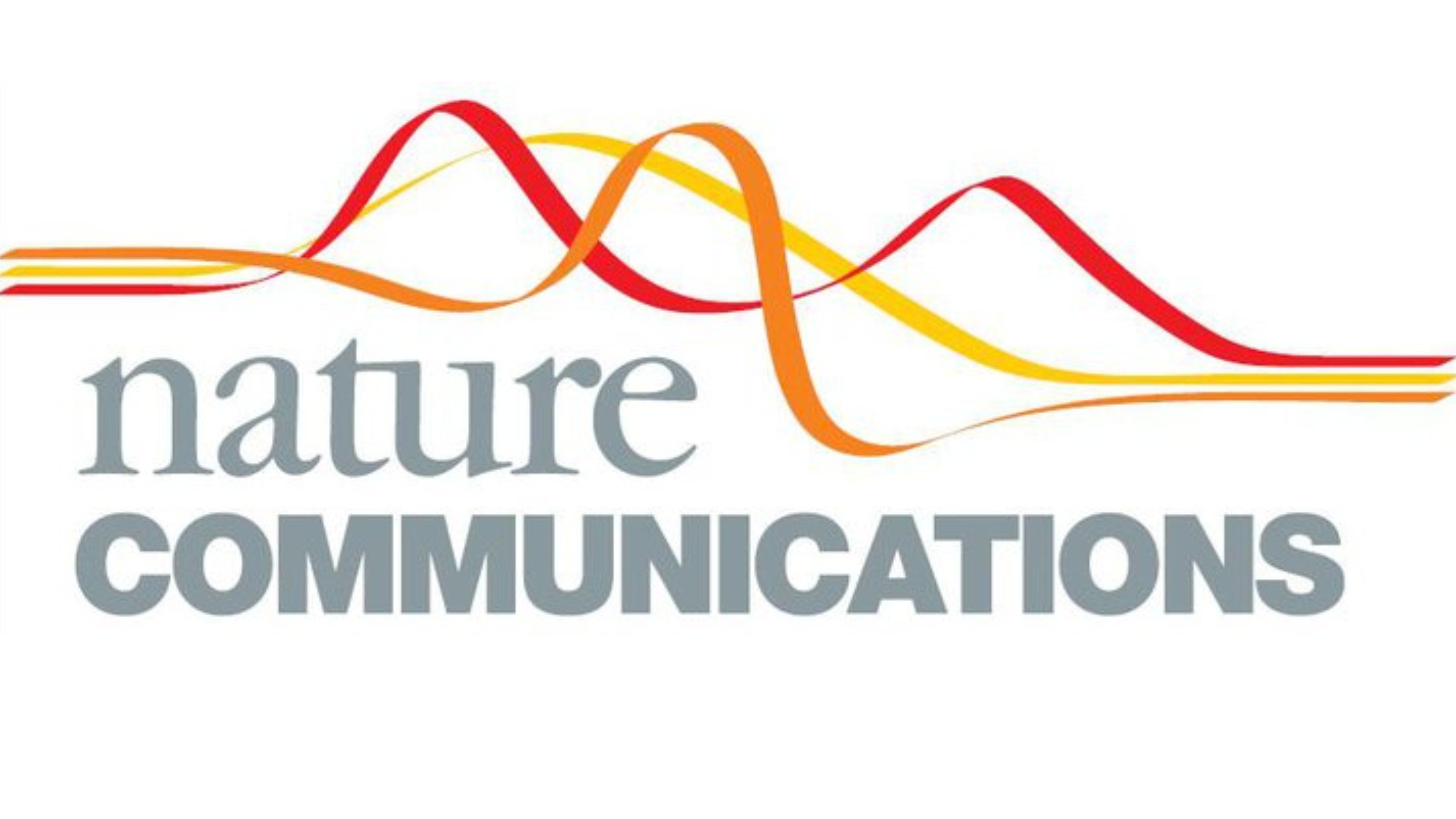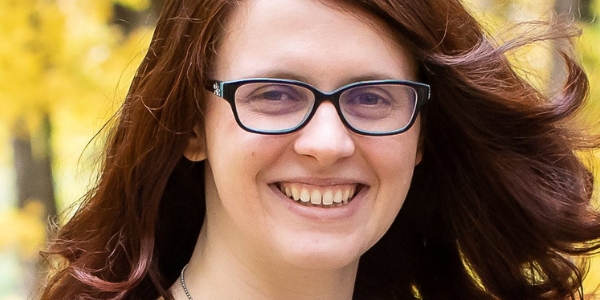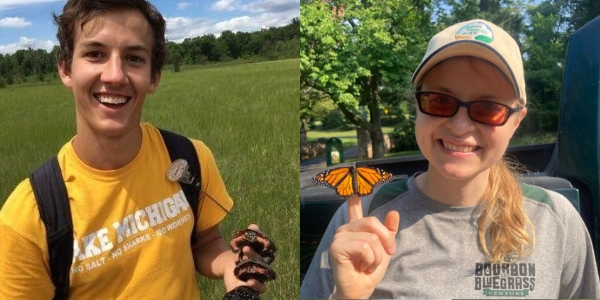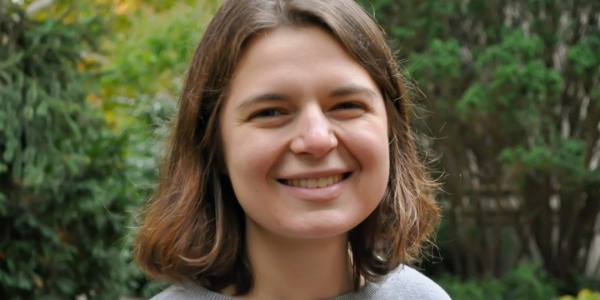Soranno named to co-lead research infrastructure project
Patricia A. Soranno and Jeffrey P. MacKeigan will be joining the Office of Research and Innovation as Senior Fellows for Research Infrastructure for Michigan State University. Reporting to AVP Kay Connelly, the senior fellows also join ORI’s leadership team.
In this new role, MacKeigan and Soranno will conduct an in-depth assessment of MSU’s shared core facilities and associated research infrastructure, including funding, space, personnel, and lifecycles. Together, the senior fellows will also lead a strategic planning process that will produce a white paper recommending how best to organize, oversee, and invest in core facilities, equipment and other shared research infrastructure to advance MSU research.
Together, the fellows will shape the impact of strategic investments in research infrastructure for years to come.

Patricia A. Soranno, PhD, is a professor in the Department of Integrative Biology and Ecology, Evolution, and Behavior Program in the College of Natural Science, and recently concluded a four-year assignment as Director of the Division of Biological Infrastructure at the National Science Foundation. Professor Soranno was the Founding Editor-in-Chief for Limnology & Oceanography Letters, where she designed an innovative early-career fellows program. Soranno is also the co-Director of the Data-intensive Landscape Limnology Lab. As a leader for large research teams with high-level administrative project management experience, Soranno brings a wealth of experience to this role.
Jeffrey P. MacKeigan, PhD, is a professor in the Department of Pediatrics and Human Development and was Assistant Dean for Research in the College of Human Medicine before taking this role. His research focuses on cellular signaling networks important for cancer growth and survival, with the goal to identify novel therapeutic strategies. MacKeigan also has active appointments with the Translational Genomics Research Institute and the Van Andel Research Institute, contributing to his extensive background in biomedical-based research
Long-term strategies for research infrastructure support long-term plans for research activity. MSU’s sustained achievements in cutting-edge research and creative work are due in part to robust hiring initiatives, such as the Global Impact Initiative, to bring the best faculty and talent to MSU. Attracting and retaining the best faculty, research staff and students requires state of the art research infrastructure, which requires a sustained strategy to invest in shared equipment, research staff, and core labs for researchers at MSU. Students also benefit from having expanded access to research infrastructure that is collaborative to support their education. As research becomes more data intensive, with new areas of study emerging, this timely examination of MSU’s research infrastructure ensures the foundations of the future are fortified by the decisions of today.
Read the fully story with the Office of Research and Innovation



